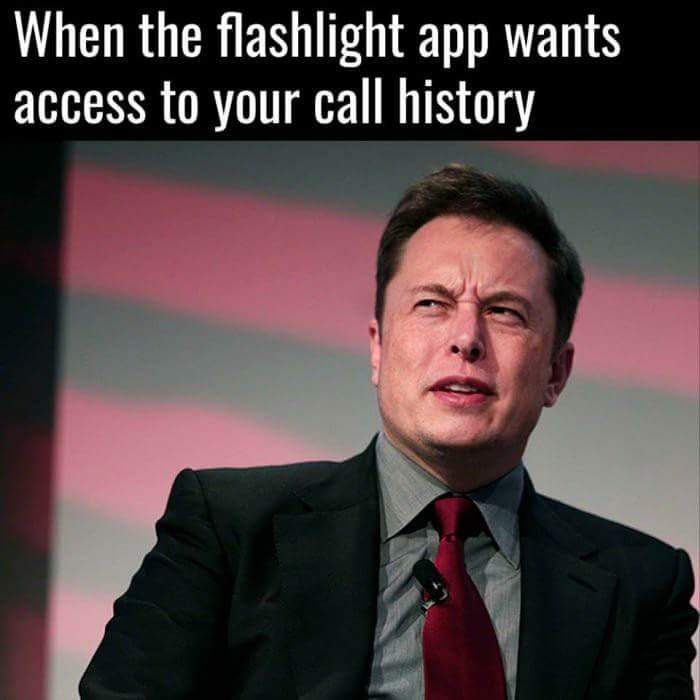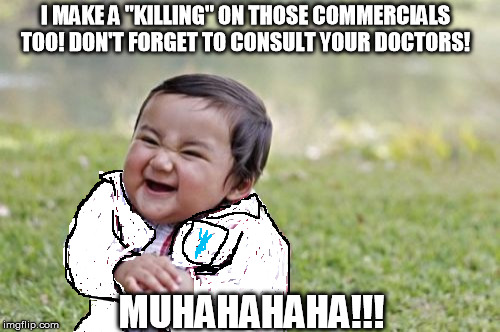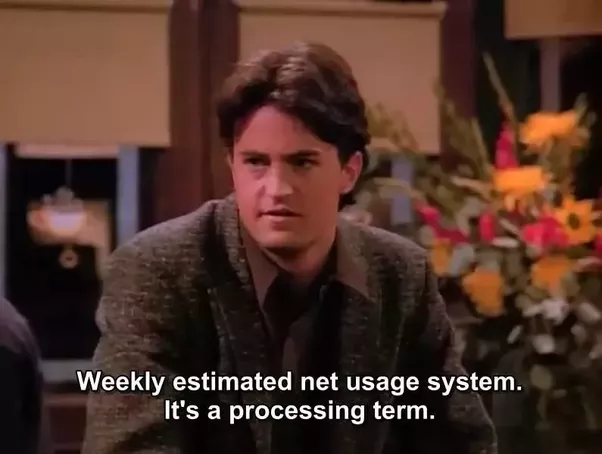Hi everyone, have you ever wondered what would be a good idea for an app? Since I became a developer, now I have *some* of the tools to potentially create some basic web applications, command line tools, etc. For some developers who aren't creating regularly, it may seem like your work actually gets in the way of the creative process, and you might not get the time to make that killer app you really wanted to build.

Also as scientists, we sometimes get overwhelmed with the sheer number of problems, avenues of pursuit(academic, citizen-science, industry, etc.), limited access) to literature when what we're really after is more freedom to create tools.
I feel like for bioinformatics... OSS is sadly the way to go. The public is so spooked with ignorance, disinformation, suspicion about pharma, healthcare, genetics, and genomics (in the spectre of laissez-faire) that it makes lots of sense to democratize the software involved in this area such that the people can decide what to do with it. Sadly, some of this outrage is well-placed although often conflated with simple misgivings about double-standards on scheduled narcotics and unconventional profit margins of pharma. The results often take the shape of memes, blogs, and other web content plagued with half-truths, bias, and inaccuracies.

Now, specifically in regards to bioinformatics in healthcare we are ahead of the inflection point, event horizon, etc. in the year 2018. The key stories to watch involve genotyping and sequencing companies such as 23andMe, Ancestry.com, Veritas, and my favorite, Nebula. These companies are entering a brave new world where ethics is poorly defined. Blood will be sampled, tears will be spilled, some will get rich, and some will find folks with pitchforks at their company's doors.
- Prospective WGS and WES is virtually non-existent.
- Clinical cancer sequencing can be described as 'nascent.' AFAIK, insurance companies do not retain sequencing info from cancer trials.
- Consumer genetic/genomic discrimination protection can be described as 'more nascent.'
- Idealistically, DIY genomic health initiatives need infastructure for secure exchange, decentralized or public frequencies, and literature links.
Unfortunately, the business models are still developing and misinterpretation is common. Take for example the otherwise well written prospective in StatNews this year about Nebula:
It’s therefore not clear how valuable any tokens people get from, say, a drug company interested in their A’s, T’s, C’s, and G’s will be to them. People have no reason to be sequenced more than once. And as sequencing costs drop, Nebula tokens would be expected to drop in value. That suggests that every Nebula token after the first one — if, say, lots of companies want a peek at someone’s amazing DNA — might have little value to an individual.
This represents a fundamental misunderstanding of the value proposition of Nebula tokens. While it is true that the propagation of Nebula tokens may decrease average value, this sets up a market for individual genomes. The beauty of the network and the value of its tokens is not linear w.r.t. the cost of sequencing. The genome sequence is the catalyst for members of the network (the vendors and the individuals) to create and redeem value.
With this in mind, this creates the opportunity for microtransactions to become a part of the health care experience, and algorithm developers could be rewarded for otherwise open-source work either through datasets/hyperparameters or cash. What will be the 'killer app' on the Nebula network? Will this make our relationship with consumers more direct? Are we no longer just the data processors that live in the basement of Big Medtech Firm X?


